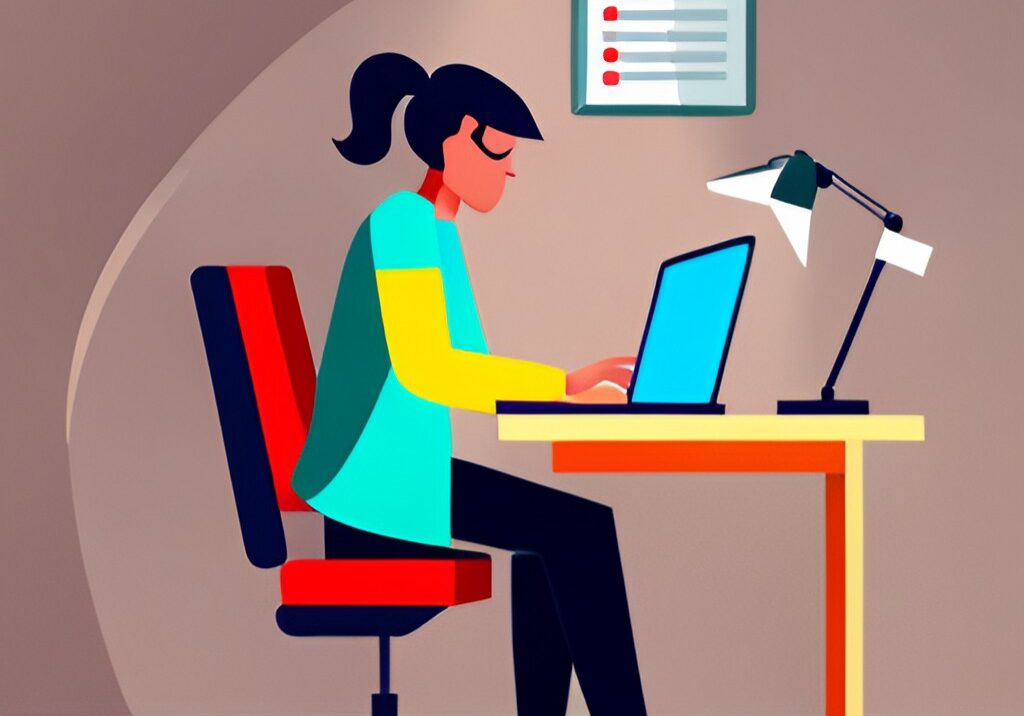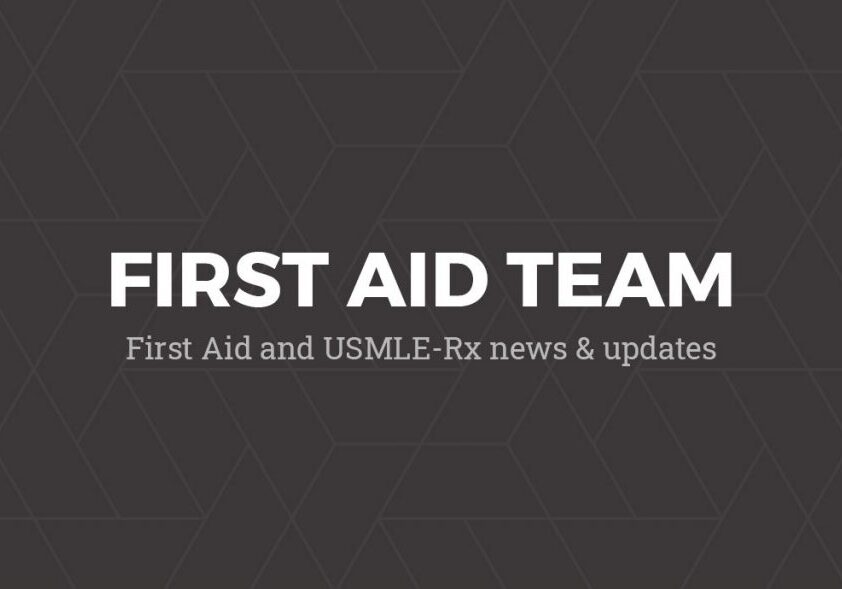Relax…the word that keeps popping up in my Study Tips posts. It’s one of the biggest issues that arise toward the end of the preclinical years of medical school. That is, stress and burnout are a big problem in the weeks leading up to Step 1. While stress management is important throughout all of medical school, it is particularly important during this time to ensure that you’re well prepared, well rested, and of sound mind the day you go to take Step 1. This post focuses on some of the things that I found helpful in managing stress during Step 1. While many of these techniques are helpful on their own, they can be synergistic in reducing stress.
The most important thing you need during Step 1 preparation is rest. And I’m not just talking about sleep, though that is an extremely important component of being well rested. I’m also talking about mental rest. Odds are, you’ve worked pretty hard in medical school. Two years straight of pounding through block after block of information-dense, labor-intensive, basic and clinical science can take a toll on your mind. You’ve probably worked hard to memorize more bugs and drugs than you ever cared to know, and now you have to go over it all again. This can be exhausting. The beginning of your dedicated board study period is exciting. You probably have big goals and may be energized by the freedom that being out of the classroom provides. It’s easy to get carried away and go too hard at the beginning.
I’m a runner, so I like to think of it like a marathon. You’ve got a long way ahead of you with lots of road (or study material) to cover. You want to make it to the end and finish strong, but the excitement of the start can send you out of the starting line too fast. Take it slow at the beginning, and you’re less likely to run out of steam too soon. The best way to pace yourself at the beginning is to make sure you’re not taking on a schedule that’s too aggressive. Take short breaks every hour or so, and don’t plan to study more than 8-10 hours per day. Don’t rush through meals to get back to studying; take your time and enjoy your food. Get plenty of exercise, but don’t wear yourself out. Moderate exercise can be a very refreshing way to start or break-up your day. And finally…yes, you need to get adequate sleep.
Go to bed when you feel tired, and allow yourself at least 7-8 hours of sleep each night. If you have difficulty getting to sleep, I suggest you review your bedtime routine and sleep hygiene. The National Sleep Foundation recommends you maintain a regular sleep and wake pattern seven days/week. The Foundation also suggests avoiding caffeine and/or alcohol too close to sleep. Additionally, make sure your last meal of the day is a few hours before you plan to go to bed. If you’re hungry at bedtime, a light snack (such as celery and almond butter) can help you stave off hunger long enough to get to sleep. If you’re planning any vigorous exercise for the day, make sure you get it in before dinner. Finally, develop a bedtime routine that promotes sleep. TV and (most) music are too stimulating right before bedtime. Dim the lights in your house while you get ready for bed. If thoughts of Step 1 dance in your head, making it difficult to relax and fall asleep, I suggest focusing on your breathing while trying to clear your mind (a technique known as mindfulness meditation).
Finally, make time for yourself at all points during your study period. At least once a week, you should take an afternoon off from studying and spend time with friends or family doing something you enjoy. If the weather’s nice, get outside. If it’s not, go see a movie or visit a museum or gallery. If you find it fun and relaxing, go shopping. Just do something for yourself. It can help take your mind off Step 1 in the days/weeks leading up to the test when you really need to…relax.





Pingback: st john wort
Pingback: buy custom essays online
Pingback: help me write a essay
Pingback: customessaywriterbyz.com
Pingback: professional dissertation help
Pingback: mba application essay writing service
Pingback: thesis writing tips
Pingback: research papers writing help
Pingback: pay someone to write my paper
Pingback: good thesis writing
Pingback: tadalafil online
Pingback: buy cialis
Pingback: difference between viagra and cialis
Pingback: generic cialis
Pingback: over the counter viagra
Pingback: over the counter viagra substitute walgreens
Pingback: viagra generic over the counter
Pingback: generic viagra cost
Pingback: mexican pharmacies shipping to usa
Pingback: canadian pharcharmy online fda approved
Pingback: on line pharmacy
Pingback: Tizanidine
Pingback: buy online prescription drugs
Pingback: viagra
Taxi moto line
128 Rue la Boétie
75008 Paris
+33 6 51 612 712
Taxi moto paris
If you want to take a good deal from this piece of writing then you have
to apply these techniques to your won weblog.
viagra canadian pharmacy vipps approved
viagra light switch plate
farmacia viagra line cor Avacy